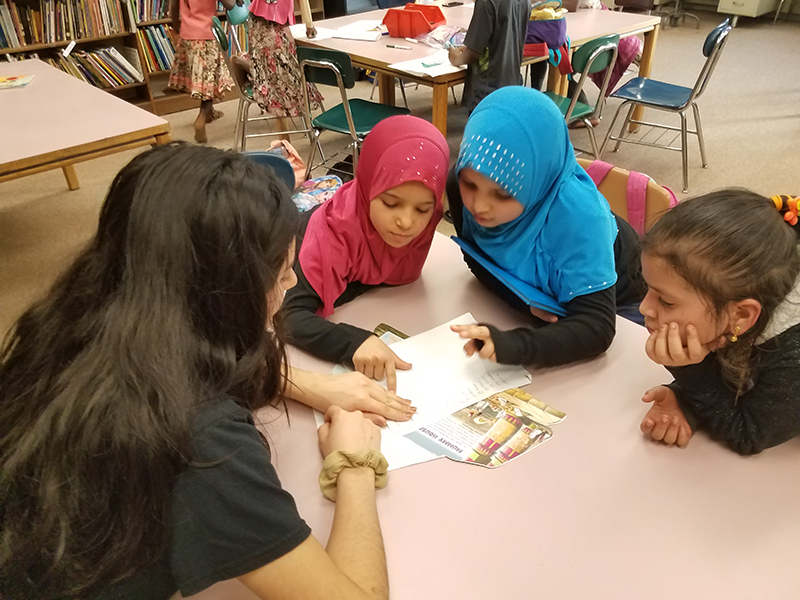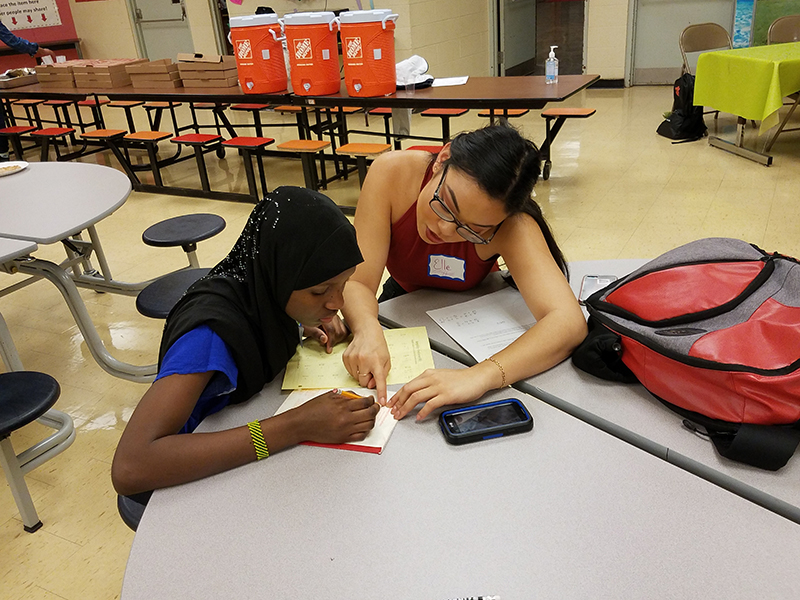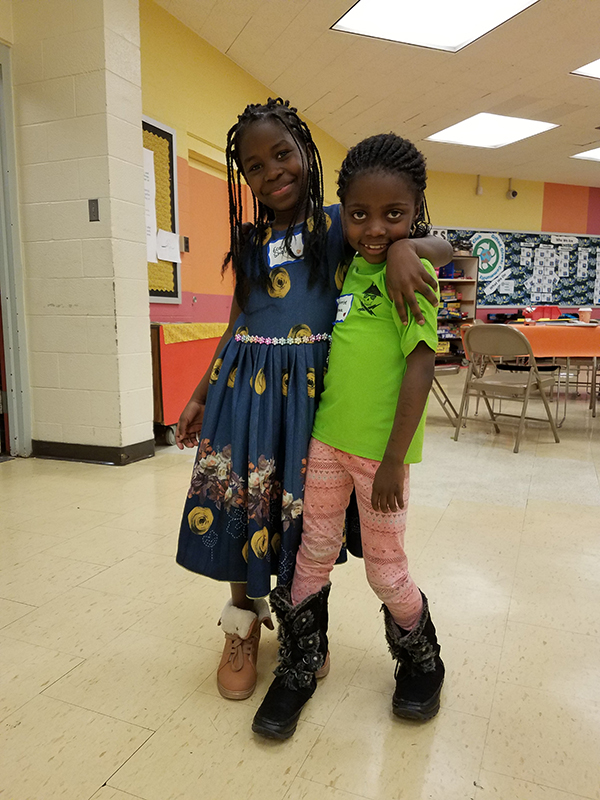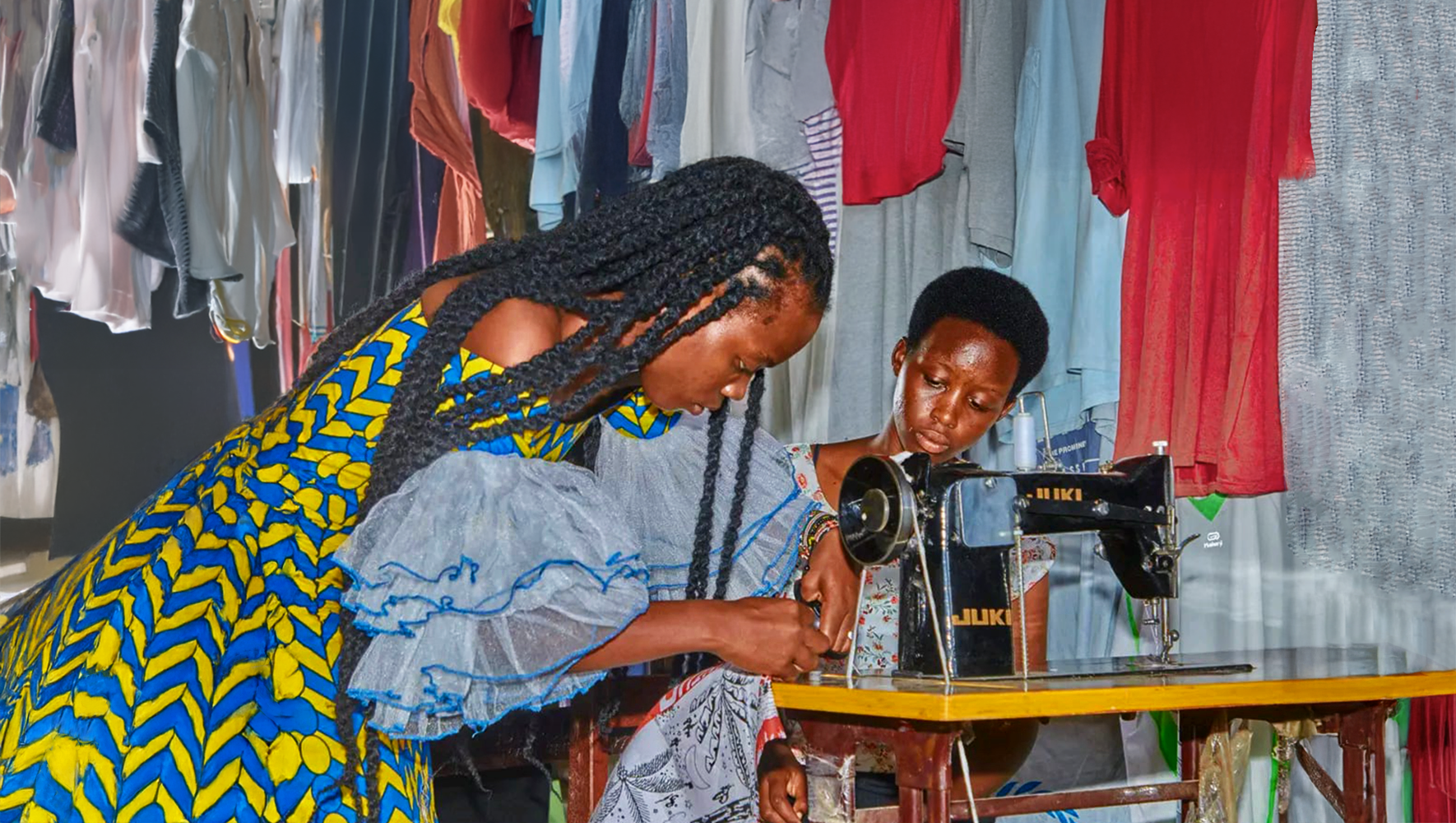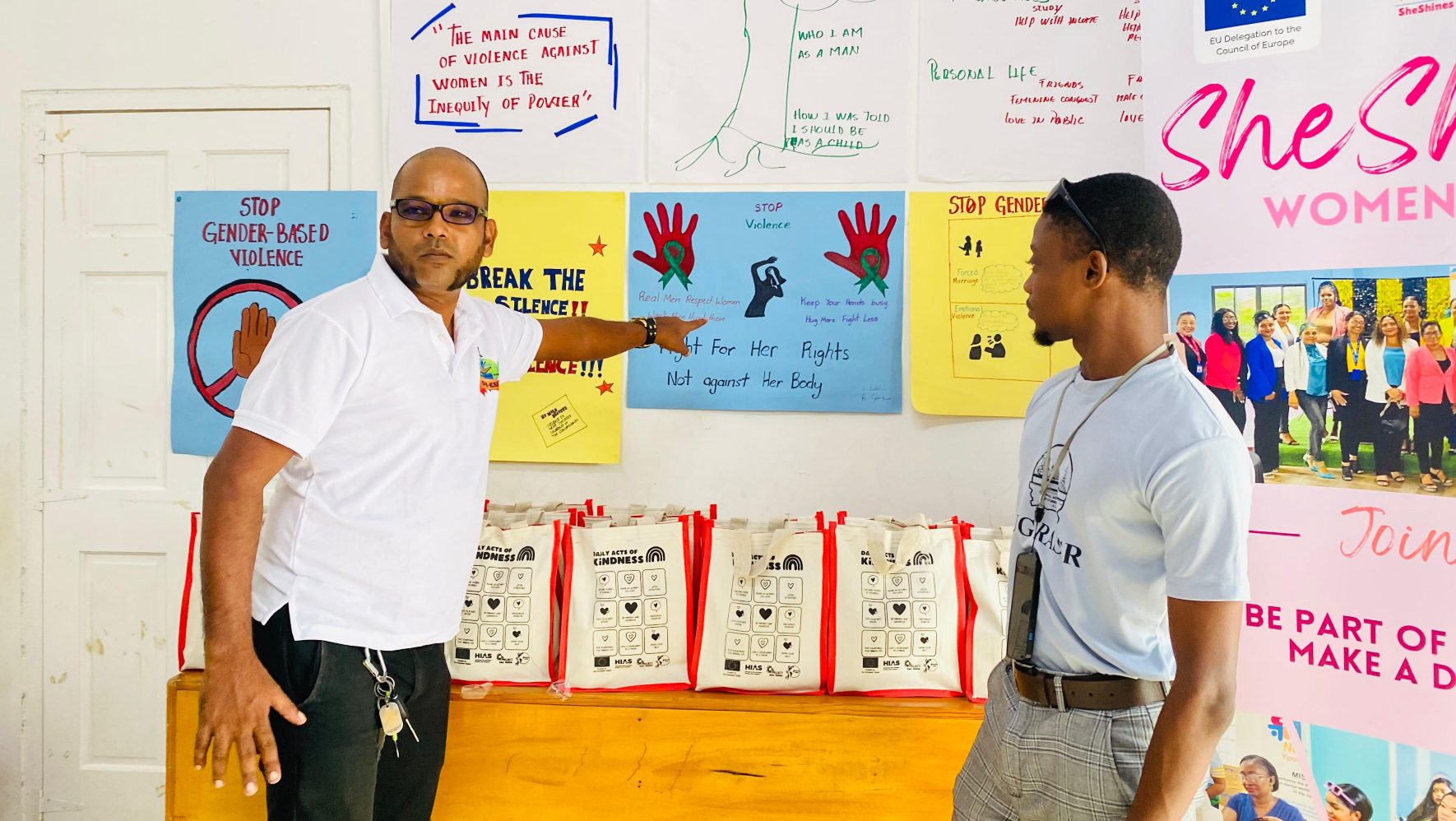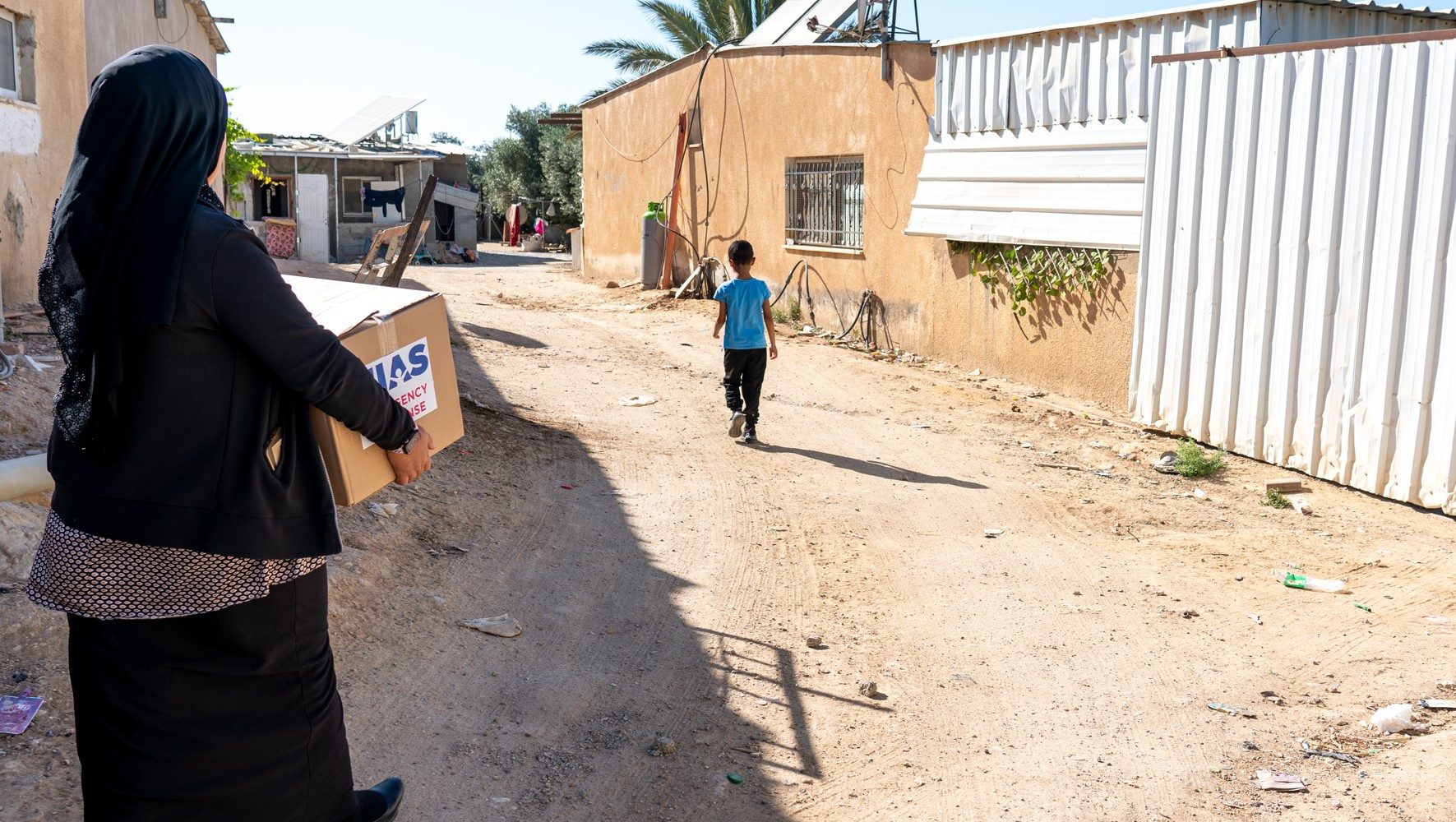After School Program for Refugees Flourishes in Pittsburgh
By Gabe Cahn, HIAS.org
Mar 05, 2018
On a Tuesday afternoon in February, dozens of refugees ages 5 to 20 filed into a public elementary school in the Crafton Heights neighborhood of Pittsburgh. A mix of children and young adults from Afghanistan, Congo, Syria, and Somalia; some arrived in America as recently as five months ago, while others have lived in the U.S. for over two years.
For three weeks and counting, this diverse group has come together twice a week, on Tuesdays and Thursdays, to participate in a new after school program offered by HIAS’ local resettlement partner JFCS Pittsburgh’s Refugee & Immigrant Services, in collaboration with Alliance for Refugee Youth Support and Education (ARYSE) and The Islamic Center of Pittsburgh (ICP).
The students are split into classrooms by age group and paired with volunteer mentors, secured by JFCS, to complete their homework, develop English language skills, and engage in cultural exchange activities developed by ARYSE with the support of the Global Minds Initiative curriculum. ICP provides dinner and additional staffing.
From day one, JFCS and its partners emphasized that all children living in Crafton Heights are welcome. In fact, one of the program's goals is to facilitate more interaction and friendship between refugee and American-born children.
“There isn’t really existing after school programming available to most of our families,” explains Andrew Van Treeck, JFCS’ Refugee & Immigrant Volunteer Coordinator. “And if there is, there are barriers.”
“Whether it’s transportation or fees, or not meeting the needs of English learners, the options are very limited. Our program is within walking distance to where these students live, is of no cost, and trains mentors to work specifically with this population.”
JFCS and ARYSE are also finalizing arrangements to faciliate ESL classes to parents at the school while their children are attending the after school program.
JFCS started resettling families in Crafton Heights in 2015, so the community is still in the process of building up its integration and support system. In serving the approximately 20 families and 50 children living there, the resettlement organization recognized that there was a need for improved family and youth-focused programming.
“These families face an incredible challenge, especially in the early going,” says Leslie Aizenman, director of JFCS Pittsburgh’s Refugee & Immigrant Services.
“The parents are put in demanding jobs, the kids are put in schools where they can face bullying, and they are all learning to adapt to a whole new culture. It puts a strain on the family unit.”
“We started a community garden in Crafton Heights last year and we run weekly office hours with interpreters where clients can come in with any questions, but there is more that can be done to combat feelings of isolation.”
With refugee issues continuing to dominate the news cycle, Aizenman and Van Treeck saw an opportunity to meet the increased demand of their rapidly expanding volunteer base, even as U.S. refugee admissions slowed to a trickle.
In March 2017, Van Treeck, together with a group of volunteers from the University of Pittsburgh, organized a family fun night for 25 refugee clients to play classic board games such as Connect Four and Battleship, as well as foosball, pool, and ping pong. This successful event has turned into a regular program where recently arrived refugees are invited to family events with volunteers to have fun, experience the city, learn about American culture, and socialize.
“I saw their faces just brighten up at that first event, and we wanted to make these activites a more regular part of their lives,” says Van Treeck.
For Van Treeck, the benefits of the volunteer efforts, especially the after school program, extend well beyond the academic support.
“Learning things in the classroom is a simulated environment,” he tells HIAS.org.
“Interacting with the program mentors, our clients can pick up on the daily habits of Americans, experience English immersion in a safe environment, and see Americans as their friends—a true application of integration and social orientation.”
The language component is especially critical.
“A Congolese client told me, ‘I’m an intelligent person, but I don’t have the language, so no one respects me.’”
“This is really about empowering clients, giving them opportunity to be heard, and to feel valued.”
For more information or to volunteer at the after school program in Pittsburgh, please email Andrew Van Treeck, Refugee & Immigrant Volunteer Coordinator.
